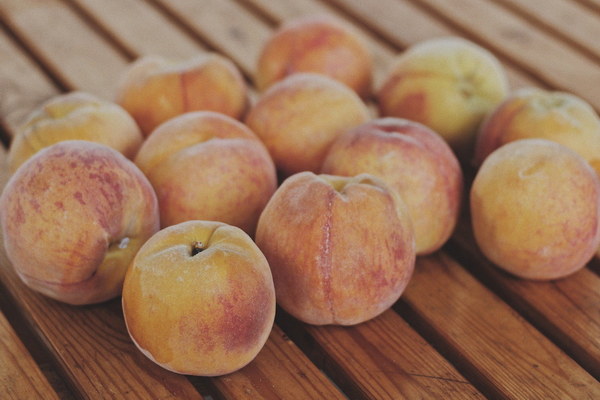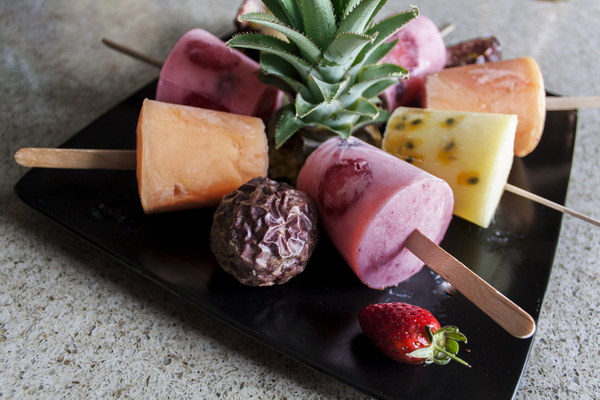Nourish Your Way to Healthy Hair A Holistic Guide to Preventing Hair Loss
Introduction:
Hair loss can be a distressing condition for many, affecting both self-confidence and overall well-being. While genetics play a significant role in hair loss, adopting a holistic approach to health can significantly reduce the risk. This article explores how a balanced diet, regular exercise, stress management, and other lifestyle changes can help you prevent hair loss and maintain a full, healthy head of hair.
1. Diet and Nutrition
A well-nourished body is less likely to experience hair loss. Here are some key dietary considerations:
a. Protein: Hair is made up of protein, so it's crucial to include high-quality protein sources in your diet. Good options include lean meats, fish, eggs, dairy products, legumes, and plant-based alternatives like tofu and tempeh.
b. Iron: Iron deficiency can lead to hair loss. Include iron-rich foods such as red meat, chicken, fish, lentils, chickpeas, and fortified cereals.
c. Vitamin D: This essential nutrient is important for hair growth. Vitamin D can be obtained from sunlight exposure, fatty fish, fish liver oils, egg yolks, and fortified foods.
d. Omega-3 Fatty Acids: These healthy fats are crucial for hair health. Found in fatty fish, flaxseeds, chia seeds, and walnuts, omega-3s help keep your hair strong and prevent breakage.
e. Vitamin E: This antioxidant protects hair follicles from damage. Almonds, sunflower seeds, avocados, and leafy greens are rich in vitamin E.
f. Biotin: Often hailed as the hair vitamin, biotin supports hair growth. Rich sources include nuts, seeds, eggs, and whole grains.
2. Regular Exercise
Physical activity promotes blood flow throughout the body, including to the scalp. This increased circulation can help nourish hair follicles and prevent hair loss. Aim for at least 150 minutes of moderate aerobic exercise or 75 minutes of vigorous aerobic exercise each week.

3. Stress Management
Stress can exacerbate hair loss conditions like telogen effluvium. To manage stress effectively:
a. Practice relaxation techniques such as deep breathing, meditation, or yoga.
b. Get enough sleep, as sleep deprivation can contribute to stress and hair loss.
c. Engage in hobbies or activities that bring you joy and relaxation.
4. Hair Care Routine
Maintaining a healthy hair care routine can also help prevent hair loss:
a. Use gentle shampoos and conditioners without harsh chemicals.
b. Avoid excessive heat styling and chemical treatments that can damage hair.
c. Brush your hair gently and regularly to distribute natural oils and reduce breakage.
5. Scalp Care
A healthy scalp is essential for hair growth. Here are some tips:
a. Use a scalp massager to improve blood flow to the hair follicles.
b. Consider incorporating natural oils like coconut oil, argan oil, or jojoba oil into your scalp care routine.
c. Avoid tight hairstyles that can pull on the hair and cause breakage or traction alopecia.
6. Consult a Professional
If you're experiencing sudden or excessive hair loss, it's important to consult a healthcare professional. They can determine the underlying cause and recommend appropriate treatment options.
Conclusion:
Preventing hair loss is a multifaceted endeavor that involves a combination of diet, lifestyle changes, and scalp care. By adopting these holistic strategies, you can nurture your hair and maintain a full, healthy head of hair for years to come. Remember, it's never too late to start taking steps to improve your hair health.









